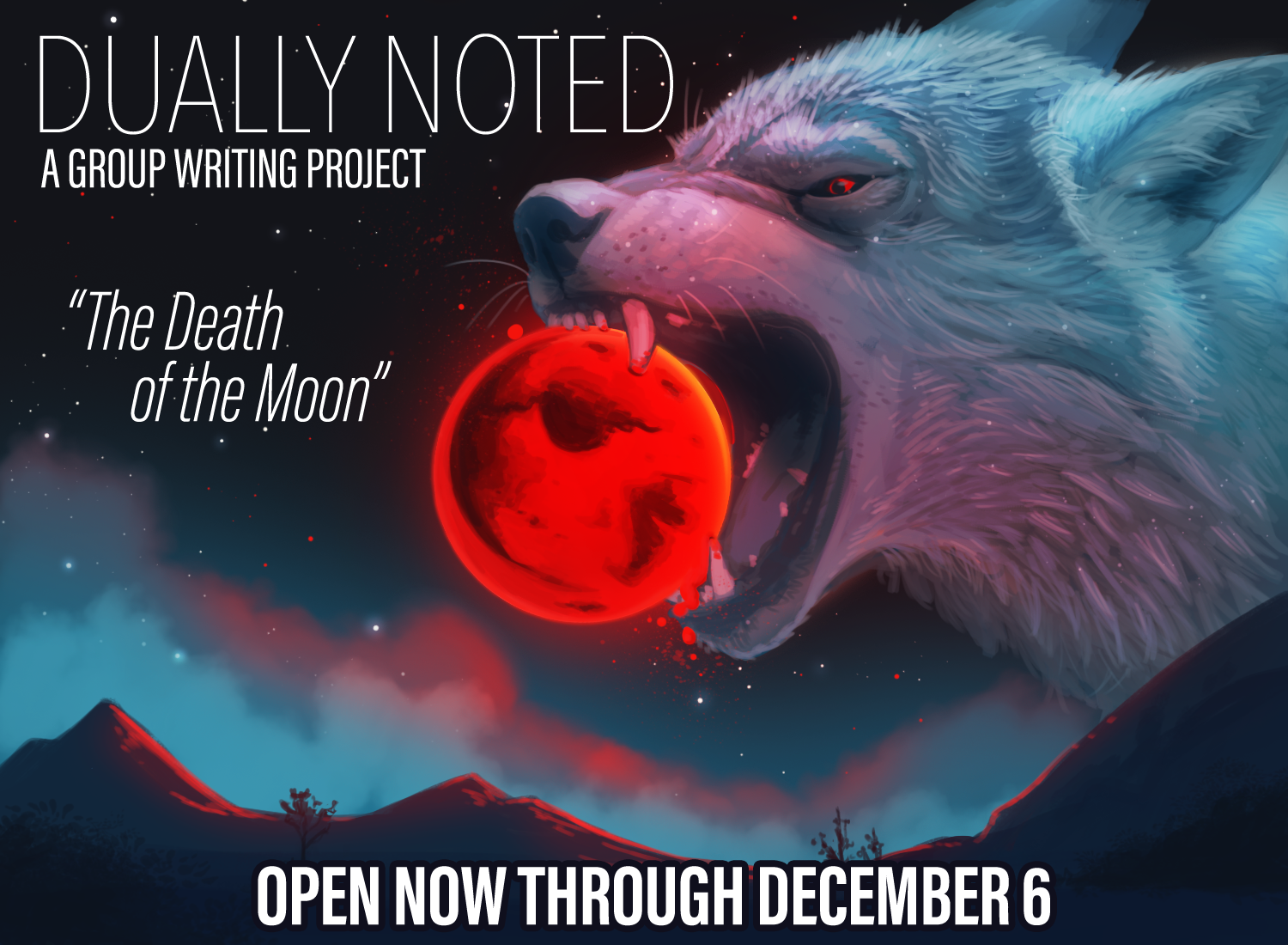
From the Red Side of the Moon
Words By Ainsley Louie-Suntjens, Art By Hailey Renee Brown
The corners of Dolly’s eyes are marked red so that the cameras can find them; secretly, it’s so I can always see where she is looking. From the wing, I can tell that she is making eye-contact with every single person in the front row left to right. Each word, she sings especially for each of them, the clear notes of her voice dancing in the air like flakes of early-December snow. Where I stand, though, it isn’t snow so much as ash from a nearby fire. From behind the cyclotron, the spotlight glows a rusty red—as red as the tilled dirt in their tiny town, red as her heart-shaped lips, red as the Republican party. It hangs above me, her, and the entire auditorium like the strawberry moon— but only I can see the red. The audience only sees white, and she only sees the audience. The strawberry moon means that fruit is ripe and ready for picking—shouldn’t all those yokels be at home, harvesting?
The solstice heat was sticky and oppressive, although it was nearly midnight. We laid in the untouched plot of land behind her house. Her father kept trying to grab it, but the zoning office found new ways to thwart him. He is the mayor, for Christ’s sake, she would rant to me. Secretly, I was grateful—I didn’t want to see all the wildflowers mowed down to make room for cow pasture. The way her blonde hair was splayed out on the grass only confirmed my opinion. It looked like the ring around Saturn, a halo to her big round face. She stared at the stars, and I stared at her.
“One day, we’re going to get out of here.” She affirmed, then rolled over and kissed my cheek. I nodded and looked up to the big strawberry moon. “We’ll move to the big city—Nashville, or St. Louis—rent a tiny apartment, and we’ll meet men that aren’t farmers, and—”
She glances back over her shoulder as she turns for water and casts a wide waning-crescent smile. The glare of the spotlight casts her lace dress and the teeth I know to be brilliant white a faded shade of cadmium. The light glances off of her celestial body, and I understand now. She only reflects. Never produces.
When she turns to face the audience again, I walk out the stage door to the parking lot. I look up at the sky, drinking in the stars and satellites and bits of space junk; I drink up Venus and Mars, but I spit them out again, because they aren’t mine to hold. I try to hang on to the harvest moon, but it vanishes from my hands in a red puff of smoke. I brush off my dusty hands and go back inside. Dolly will need her Diet Coke soon.